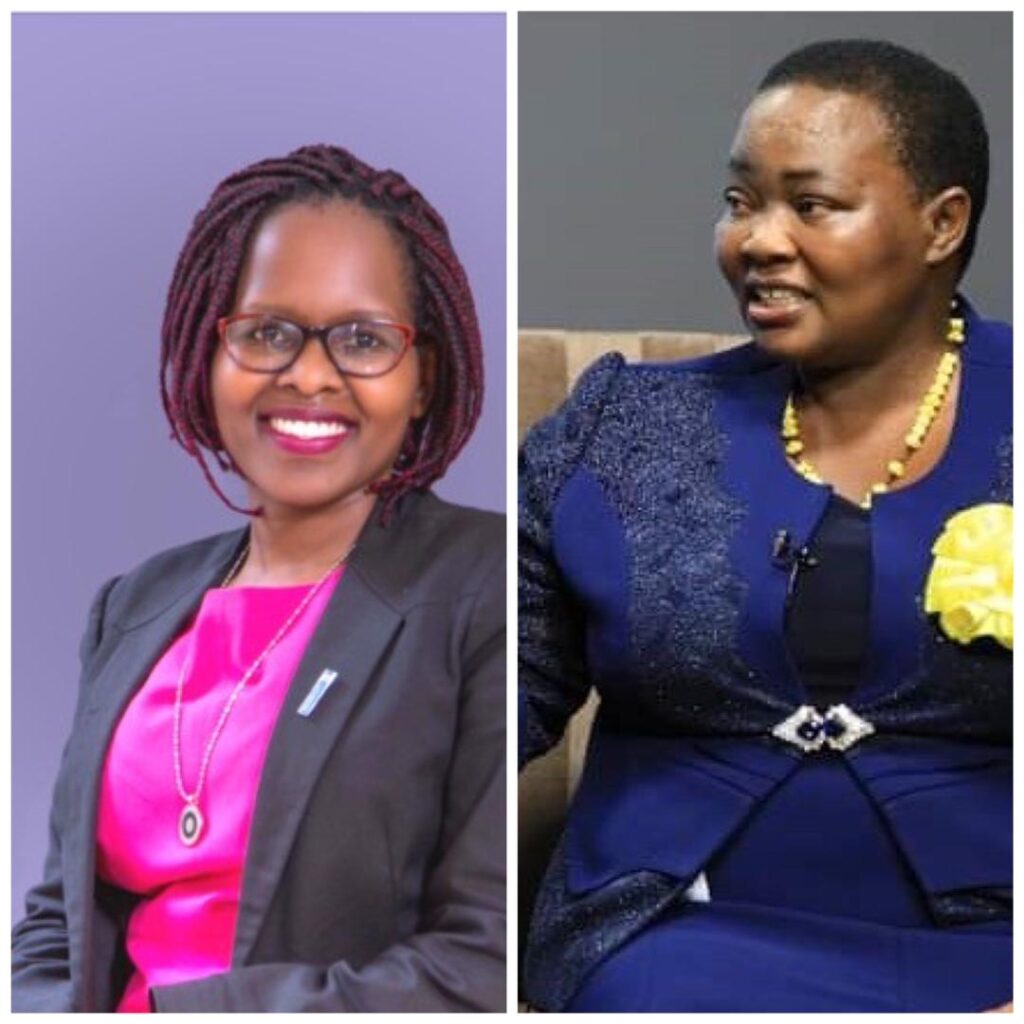
Corporate communication and Public Affairs is a very important business tool that is vital for the success of any business, company, organization, or association. At a time like this of rapid, economic & technological transformation, the communication profession has never been more valuable to an organization’s purpose, mission, and strategy. The relationship between business and society is being redrawn before our eyes.
Just like other industries in the economy, the oil and gas industry also requires professional Communication and public relations executives in a bid to create public awareness, especially when it comes to business opportunities and challenges stakeholders in the industry are facing.
This is mainly because public relations executives in the oil and gas industry will help your organization to tell its story in a way that fosters understanding, building relations with local communities, governments, campaigners, and the media, thereby building your brand and reputation.
Matter of fact, case studies indicate that the use of quality communication equipment boosts productivity, efficiency, and decreases the number of mistakes made on the job, thereby making communication absolutely imperative among offshore industries such as oil and gas.
So why is the communication executive in Uganda and some other developing countries set in the background, why aren’t they at the forefront of driving things, deciding budgets, participating in drawing organization goals, revenue plans/streams, and so on?
It is due to the importance of public relations in the oil and gas industry that all stakeholders ensure that they hire vibrant public relations executives who work with teams that effectively undertake the role of Public relations and corporate communication.
The key role of Public relations and corporate communication in the industry is to safeguard the reputation of an organization, ensure that no form of negative information whatsoever that is likely to harm the reputation of the organization is disseminated at any one time.
The negative information above arises as a result of misinformation, misconceptions, or simply ignorance about the industry and a particular organization’s mode of operation, which often creates a ‘communication gap’ that can easily be filled by the public relations executive.
Having realized the importance of this role in the oil and gas industry, organizations in Uganda that have invested heavily in the industry are recruiting highly professional Public relations and corporate communication managers to ensure that no communication gap emerges during their day-to-day operations.
Gloria Elizabeth Sebikari, who is the manager, of Corporate Affairs and Public Relations at the Petroleum Authority of Uganda (PAU), is one of the renowned public relations executives in Uganda’s oil and gas industry.
In a bid to execute her duties effectively at PAU, Ms. Sebikari specializes in public relations and corporate affairs, stakeholder management, media relations, community engagement, and information management.
Ms. Sebikari for instance last year in October came out and defended the East African Crude Oil Pipeline (EACOP) by setting the record straight when she revealed that PAU is not mishandling the Project Affected People (PAPs).
The EACOP will transport crude oil from Kabaale, Hoima district to Tanga Port in Tanzania, covering a distance of 1,443 kilometers.
In Uganda, the EACOP project will cover 296 kilometers through 10 districts, impacting 3,792 PAPs on approximately 2,740 acres of land and all the people affected by the project are to be compensated by the government. However, Sebikari’s intervention arose after some sections of the media reported that people living in areas where the crude oil pipeline is set to pass were being evicted by PAU without compensation.
In her intervention to save the face of the project and that of PAU as an institution, Sebikari revealed that the people affected by the project include 3,096 with land interests and 696 licensees with structures, crops, or trees growing on land owned by other PAPs and that all of them would be compensated. She refuted the allegations that PAU and contractors hired to construct the pipeline were forcefully grabbing land from PAPs by illegally evicting them without considering their interests in the land.
She noted that in the Kyotera district, the total land take is 256 acres, with 524 PAPs (PAPs are different from households because some PAPs are recorded twice or more), 444 of these are landowners and 80 are licensees who will also be compensated before their land is taken over by PAU to enable the progress of the project.
However, it should be noted that hadn’t Sebikari come out to rectify the misinformation that was circulating in the media about PAU forcefully grabbing land from PAPs, chances are high that people living in areas where the pipeline will pass would have staged a resistance against the project.
The misinformation also portrayed officials at PAU as heartless land grabbers and opportunists, misconceptions that would have adversely affected the reputation of the organization hadn’t Sebikari come in to quickly arrest the situation before it went out of hand.
Investors in the oil and gas industry, through their public relations executives, also need to frequently address the issue of spillage and leakages, especially from the EACOP, plus at their production and or storage centers.
This matter was a few days ago emphasized by Prime Minister Rt. Hon. Robbinah Nabanjja, who called upon entities charged with overseeing the oil and gas operations in Uganda to widely publicize the National Oil Spill Contingency Plan (NOSCP), which she officially launched on Monday, March 21, 2022.
Nabanjja stressed that the NOSCP is a framework that was developed to strategically guide national oil spill preparedness and response in the event of an oil spill. Highlighting the importance of communication in the industry, Nabanjja said; “The people in the areas where the oil projects are situated will need to be sensitized on what to do and what not to do in case of an oil spill.” She revealed that the government continues to consistently support the oil and gas sector by providing a peaceful environment for the investors to operate, which needs to be communicated to the locals through continuous sensitization by the operators.
Are you a Communications and Publics Relations professional and are doing amazing things in your organization, let us recognize you – send us an email at [email protected]

